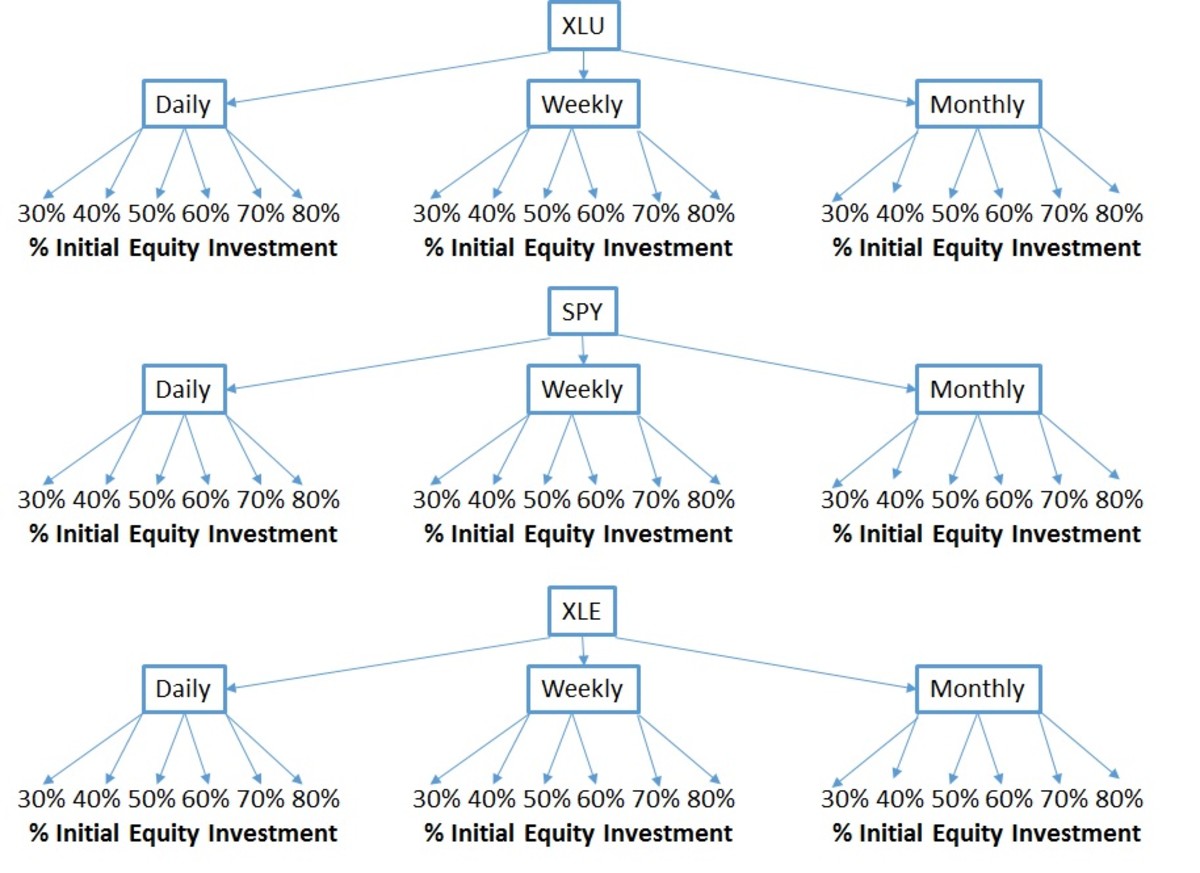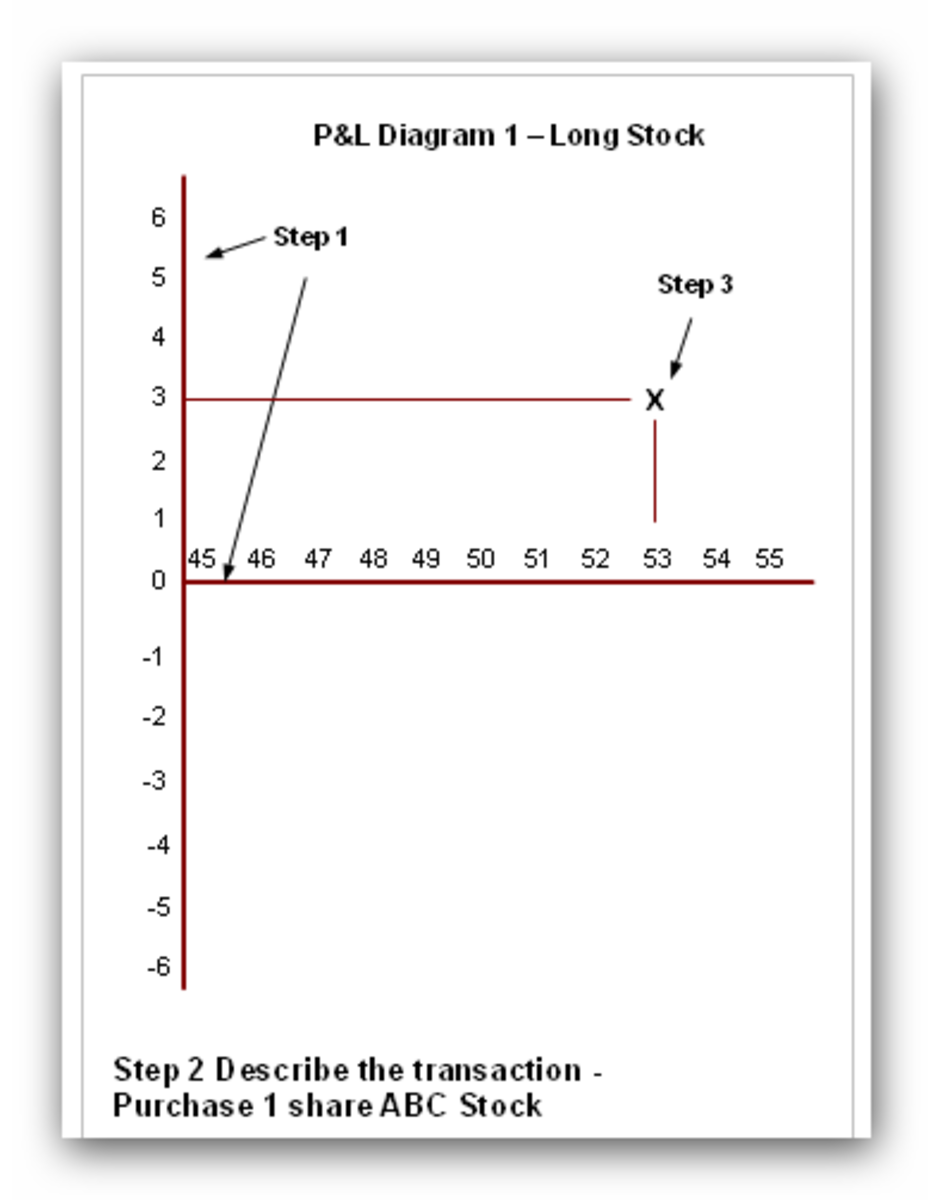Understanding The Long/Short Strategy

Hedge Funds For The Average Investor
The single most important factor in a successful long term asset allocation investment strategy is the ability to maintain a low correlation between asset classes. In order for the notion of an asset allocation to work, a portfolio must be actively rebalanced towards its originally intended target of risk. Over the years, this has become increasingly more and more difficult as the world economy has become increasingly interconnected across nations. Additionally, the recent unprecedented monetary policy expansion by Federal Reserve has artificially held down interest rates. In doing so the correlation of stocks and bonds has also increased in recent years. This reduces the ability for an asset allocation to minimize volatility. Ultimately, this leads investors to search for additional alternatives to reducing the correlation among assets. The alternative asset class category is a broad definition of numerous types of investment strategies. Among them are rare coins, stamps and art work. We can also include private equity, venture capital investments and hedge funds. The use of alternative assets as an investment strategy is nothing new at an institutional level. As one example, one of the largest holdings within the endowment fund at Yale University is a stake in a private timber company. In total, nearly half of their total holdings could be classified as alternative assets. Unfortunately, for the average investor many of these private holdings are simply not accessible. But there are options available in today’s widening investment universe.
The Long/Short strategy is one commonly utilized by the hedge fund industry which involves taking long positions in stocks that are expected to increase in value and short positions in stocks that are expected to decrease in value. This may also entail long or short positions in entire sectors or market indices. This strategy is one that allows a portfolio manager a great deal of flexibility in terms of what they wish to do with investment capital. In recent years, the mutual fund industry has begun to produce a large number of publicly traded mutual funds that apply this traditional hedge fund strategy. These Long/Short funds have the ability to utilize similar flexibility, unlike a traditional stock fund which must remain fully invested even when the fund manager may have a bearish outlook.
The history of Long/Short investing tells us that these holdings rarely outperform the market over the longer term. In fact they tend to underperform in a bullish market. Yet, they most often outperform in a bearish market. The creation of wealth is not just a result of profiting from positive market growth. It is just as important to not suffer catastrophic losses when markets turn negative. Simply producing market like returns with less volatility will improve one’s ability to create wealth. The Long/Short strategy is another tool in our financial tool box intended to bring down overall portfolio volatility and reduce correlation among holdings. In historical terms, this strategy has been quite successful when utilized properly.
Using the 10 year period ending in September 30th 2009, the Credit Suisse Long/Short equity index generated annualized returns of 8.01% with annualized volatility of 9.96%. At the same time the Russell 3000 Index produced a return of 0.73% with annualized volatility of 16.57%. Looking at the more recent positive results in the equity markets, as of April 30th 2013 the average Long/Short equity fund is positive year to date by 5.85%, while the Russell 3000 is positive 12.89%. (Note that the average Long/Short fund performance is reflective of both experienced portfolio managers as well as those inexperienced poor performers).
One of the concerns of utilizing a Long/Short strategy is that you are applying an active strategy of equity investing. Active management across the mutual fund world has largely failed when compared to a passive index based approach. However, the greater latitude given to fund managers in a Long/Short strategy enables the portfolio manager to possibly overcome some of these restrictions. Yet not all managers will have the same degree of expertise and experience. Additionally, the strategy will inherently incur a higher cost structure as a result of its complexity. As such it makes it that much more important that and investor chooses an experienced management team wisely to overcome these obstacles and justify such a portfolio holding. Furthermore, we generally do not view it to be a prudent approach to expose the average client portfolio to much more than approximately 10% of investable assets. The risk of the strategy failing through poor management is always a concern which could lead to a significant drag on investment results.
In recent years, the larger and more commonly recognized mutual fund companies have opted to enter this market. However, generally speaking they have not had the same success. The Long/Short approach requires specific experience in which most large fund companies have little history and backround. Most often they have appointed more classically trained equity managers lacking in this experience. In general the more successful Long/Short funds have been initiated by smaller investment firms that have taken an experienced manager in this approach with a history of managing money privately and placed them in charge of a publicly traded fund.
Using this approach offers the opportunity to improve longer term results by reducing risk. At Landmark, we have opted to implement this approach on a limited basis as a mechanism to do exactly that.
Suggested Reading
- How Government Programs Increase Costs
Many of us look at the cost of things we need to buy and often get frustrated with how expensive certain aspects of the cost of living have increased. Yet often we really donât take the time to try and understand the root cause of exactly why... - The Risks of Inverse and Leveraged ETF's: A Word of ...
In recent years there has been a rapid expansion of the ETF market as a solution to provide clients with low cost solutions that can provide a great deal of liquidity and transparency. As the ETF market place has grown, it has reinvented itself in... - Passive vs Active Management…The Case for ETF’s
There has been an ongoing debate for decades about the benefits of actively managed mutual funds versus their passive counterparts. Those counterparts would be the exchange traded fund market (ETFâs) as well as traditional index funds. Those in... - REIT's...The Basics Of Real Estate Investment Trust'...
The real estate market can be one of great investment opportunity even for the average investor should the timing be right. Real estate like any asset class is cyclical in its behavior, and can present short term as well as long term opportunities... - How to Invest in Bonds
Fixed income investing is vital part of the investment planning process. Any sound asset allocation strategy will have at least a partial exposure to fixed income. The definition of fixed income is quite broad. Included in this category would be... - Annuities: What You Need To Know
What is an annuity ??? Annuities can generally be summarized as two basic types of insurance contracts. They are either immediate or deferred annuities. Over the years these two types of contracts have been expanded to encompass many different... - 2013 Tax Options For The Small Business Owner
As the 2012 elections are completed, it is now highly likely that income taxes are headed higher on higher earners. A majority of such high earners are self-employed individuals who are organized as either S-Corps, LLCâs and even sole proprietors.. - The Best Ways to Pay for College
There is an old saying when it comes to saving for education. Either save a lot of money or donât save anything at all. However, donât fall in between the two strategies. The cost of education has gone up dramatically over the last several... - What should your Financial Advisor ask you ???
Often we read articles & commentary about what to ask your financial advisor. But what should your financial advisor be asking you. Often times that alone can tell you whether or not you are engaged in a financial advisory relationship that is in - Preparing For The Tax Law Changes In 2013
The topic of taxes is always one which is greatly debated from both a political as well as an economic perspective. Regardless of oneâs political persuasion on such issues, one constant always remains the same. We each do all that we can to avoid..









